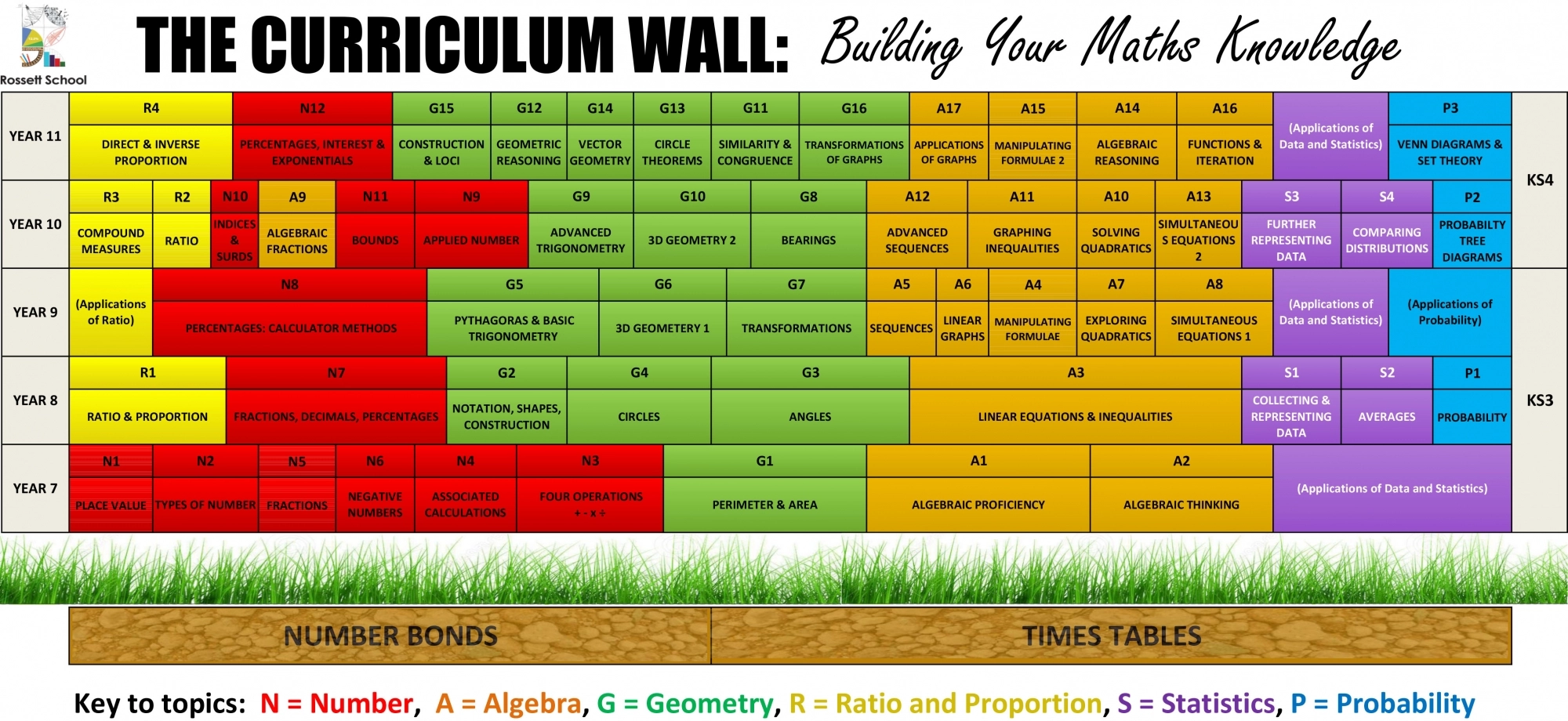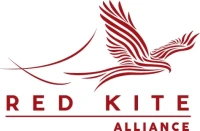Mathematics
‘Mathematics, rightly viewed, possesses not only truth, but supreme beauty.’ Bertrand Russell
Curriculum Principles
We are passionate about teaching and learning maths! We believe in teaching for understanding. We want learners to develop deeper conceptual understanding to create great mathematicians. We aim to deliver a high quality maths education providing a foundation for understanding the world, the ability to reason mathematically, an appreciation of the beauty and power of mathematics, and a sense of enjoyment and curiosity about the subject.
Our principles are that maths should be:
-
enjoyable and engaging – humans are naturally inquisitive and enjoy being successful when working things out correctly. A lot of games, from chess to sudoku, depend on mathematical logic and strategy.
-
relevant – relating topics to real world problems and applications when possible, equipping students for maths beyond school, not just to get a grade.
-
interconnected – links across and between different topics should be made explicit and students appreciate how what they are learning fits into the bigger picture. For example, linking number bases and binary in computer science.
-
challenging – there should be some struggle. Struggle helps us learn if pitched correctly,
-
Maths is for everyone! – There are no limits to what a learner can achieve. There are pathways and opportunities for all students to succeed.
Curriculum Features
At all levels, students are provided with opportunities to behave mathematically. The emphasis is on empowering students to notice, make connections, explain, justify, conjecture, prove. We adopt a Mastery approach; all students experiencing the same key concepts developing a deep and personal understanding of the topics covered. These beliefs are in line with the current National College of Excellence in Teaching Mathematics drive on Mastery.
The curriculum is presented with ‘small step’ pedagogical guidance to understand the key points leading toward National Curriculum objectives. This includes key vocabulary, key questions and resources to promote mathematical discussion and reasoning. Interleaving (revisiting topics within new contexts) is a key element. Topics are taught well, in depth, with development woven throughout the curriculum to reinforce and extend knowledge and understanding.










